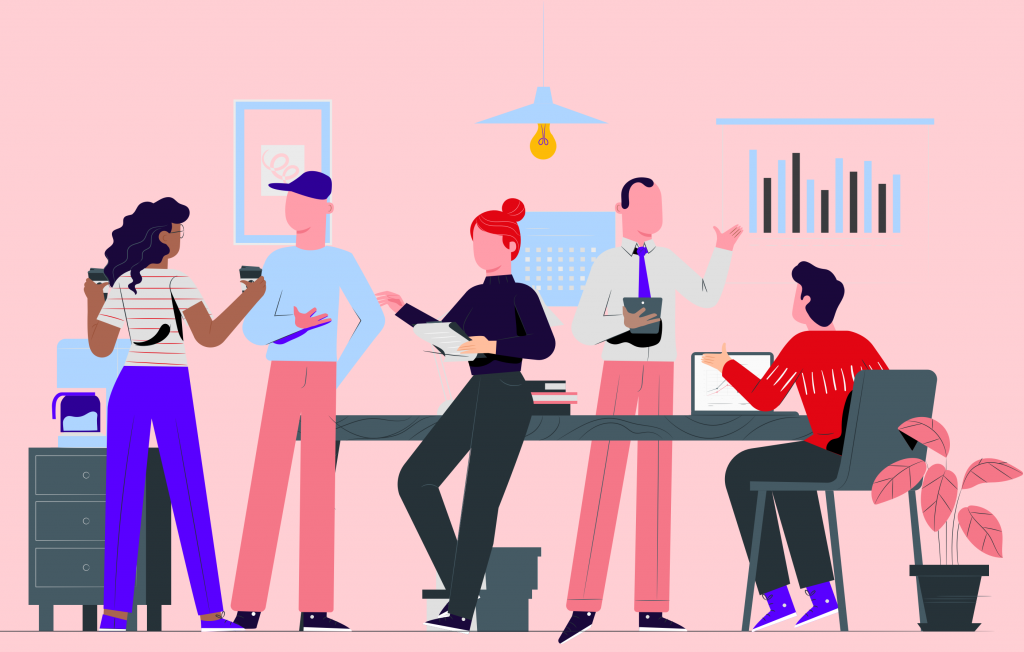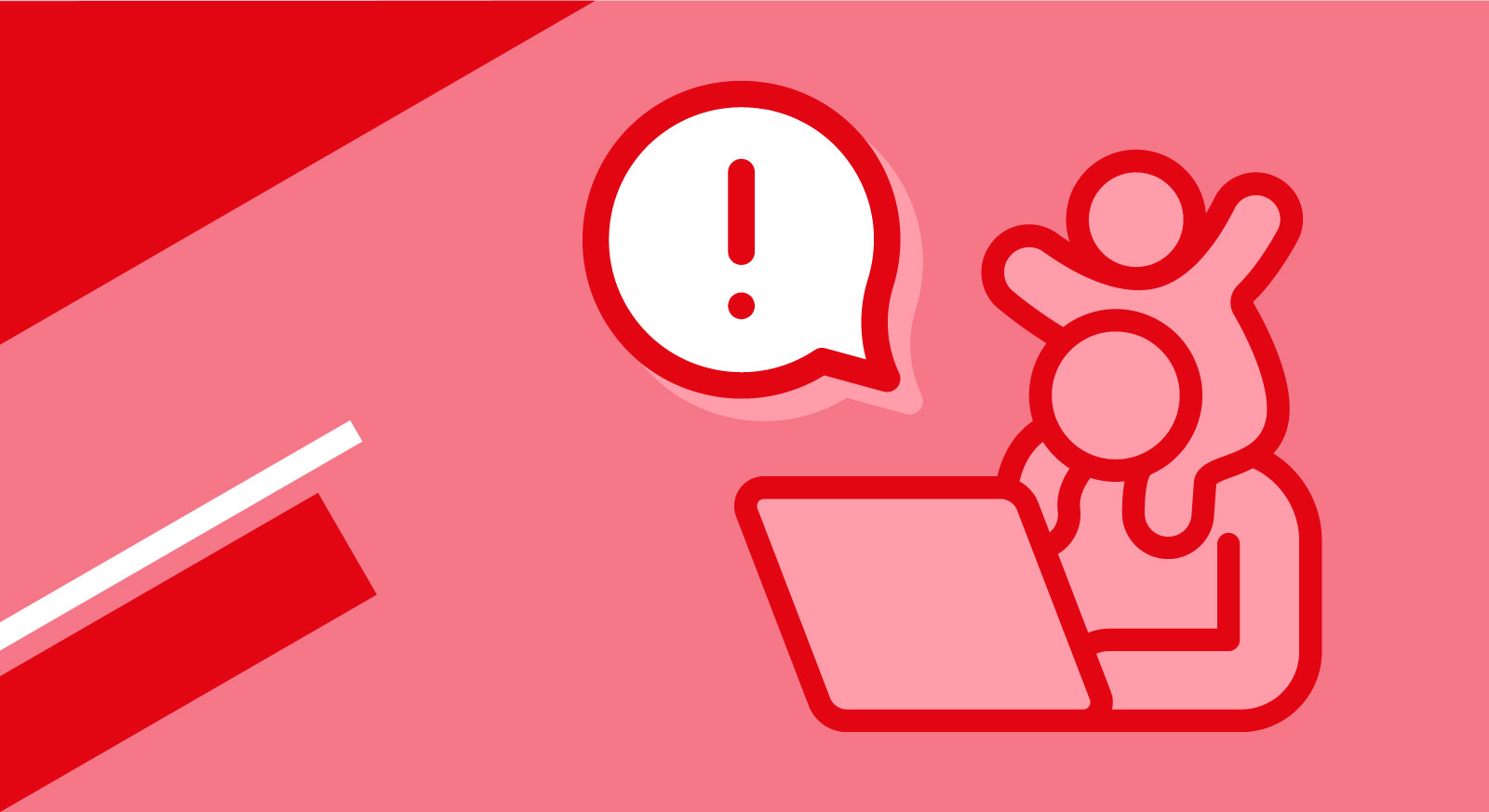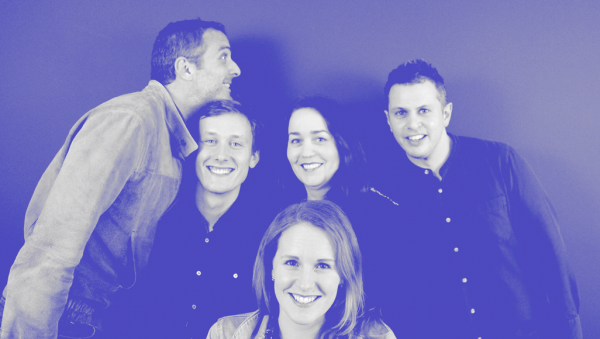Welcome back to our three-part series on how Covid-19 has transformed how we work. As user researchers, we naturally jumped at the opportunity to explore peoples' experiences in the first six months of remote-first working. In this article, we share insights about the negatives from this new working model.
Last September we sent out a survey to understand how working remotely has affected employees’ productivity and well-being. Our research targeted people who before the pandemic were primarily office workers, working at the same company for that previous six months.
In the first article of our three-part series, we shared how working remotely has positively impacted the life of those who took part in our study. If you want to read the first blog about the positives, read it here. Today, we will touch on the negatives of it and how it has affected our productivity and mental health.
Have you struggled to adjust to this new normal? Do you miss your routine of going to work? Have you felt lonely during this period? From this article you will see you are not the only one feeling this way. There is hopefully some comfort reading that people across the world have experienced common frustrations and challenges. Be open about it and remain positive because the good news is that sooner rather than later the pandemic will pass too.
What did office workers lose when working from home?
1. Human connection
The switch to home working meant the social element of working was lost. The majority of people surveyed missed the carefree interactions with colleagues, or those Eureka moments in meetings together.
Spontaneous creativity and collaborative thinking cannot be booked into a calendar space. Not being able to have those water cooler conversations, bouncing ideas off people or visibility of what others are doing limit employees’ creative thinking and could have an impact on their work performance and personal well-being.
63% of respondents said that since lockdown began, they have experienced loneliness. The majority have not asked for help. Connecting with others, building relationships and having face-to-face interactions are one of the things people miss the most about their pre-Covid-19 work life. Leaders must develop, adopt and promote programs and policies that create an empathetic culture centred on employee wellness, mental health and social connectivity.
“The job just becomes a job and not much more without people. So naturally performance suffers.” Sam, Belgium, and Betty, UK

2. Time and space boundaries
Covid-19 also abruptly stopped daily routines. The ritual of dressing up, commuting, coming home from work where we can mentally disconnect and focus on being present has been lost in a remote-working model. The boundaries between professional and personal time and space have eroded as we share our kitchen tables with kids and clients. Some reported they struggled to disconnect from work during the night and some have struggled to connect with work during the day.
According to a study conducted by Atlassian in November, 57% of respondents said the blend of work and play has been skewed since lockdown measures were introduced. Although it may not be noticeable right now, in the long term it runs the risk of staff burn-out.
Setting boundaries and finding the right work and life balance is a reality for many of us and something we will have and will continue to need to work on. However, this can’t be done with a one-size-fits-all approach. Organisational leaders need to exercise empathy and be aware people have different needs. Flexibility, autonomy and responsibility should be key principles for any organisation’s culture code.
I miss the “ritual” of coming home from work, where I can mentally disconnect and focus on being home. I miss chatting to my partner about our days as we’re around each other most of the time.” Jimmy, UK
We hope you found this article helpful. If you identified with what you read and have felt lonely from time to time, we encourage you to introduce more self-care routines into your life that will help you to be more mindful about the present and identify the positive things that happen to you every day. Something we do at SPARCK is gratitude rituals. We all say what we are grateful for on any particular day. It encourages positive thinking and opens a space to show vulnerability and build trust among teammates.
If your worries are more related to not having clear boundaries and not being able to know when to check-in and check-out, we encourage you to set a WFH routine. Find what time of the day you are at your best. Work around it and most importantly be open about your worries and concerns with your employers.
If you are an organisational leader, we hope you take these insights as food-for-thought and revamp your culture code where necessary, or introduce new ways of working for the new year.
This new working model has allowed us to see colleagues as their true selves. This is something we find fascinating. We encourage you to make the most of it and to use it to build trust and psychological safety within your organisation.
In our next blog post we will share the office experiences of people who have been going in during the pandemic. Has your office introduced new health and safety measures? Keep watching this space to learn more about it.



